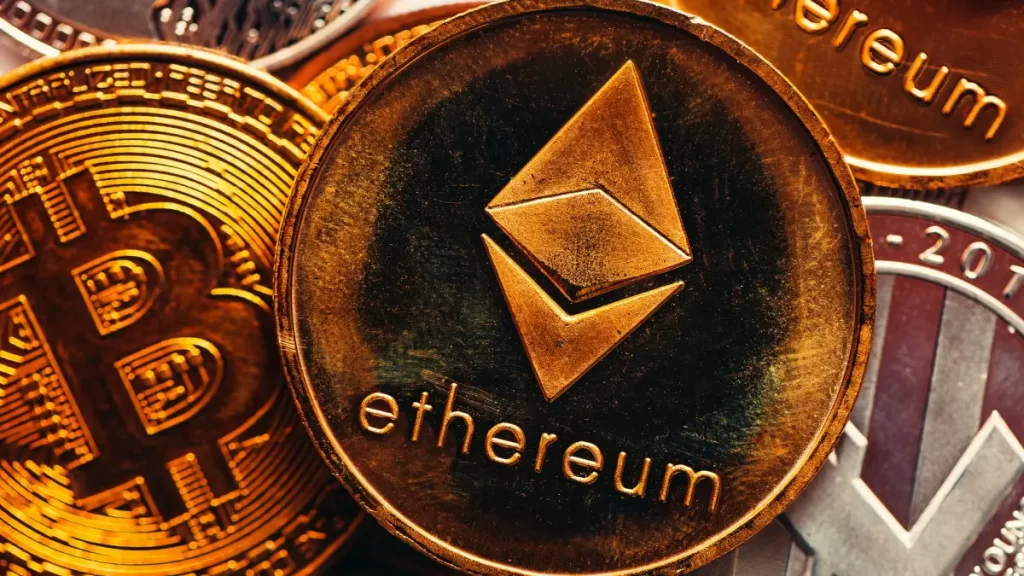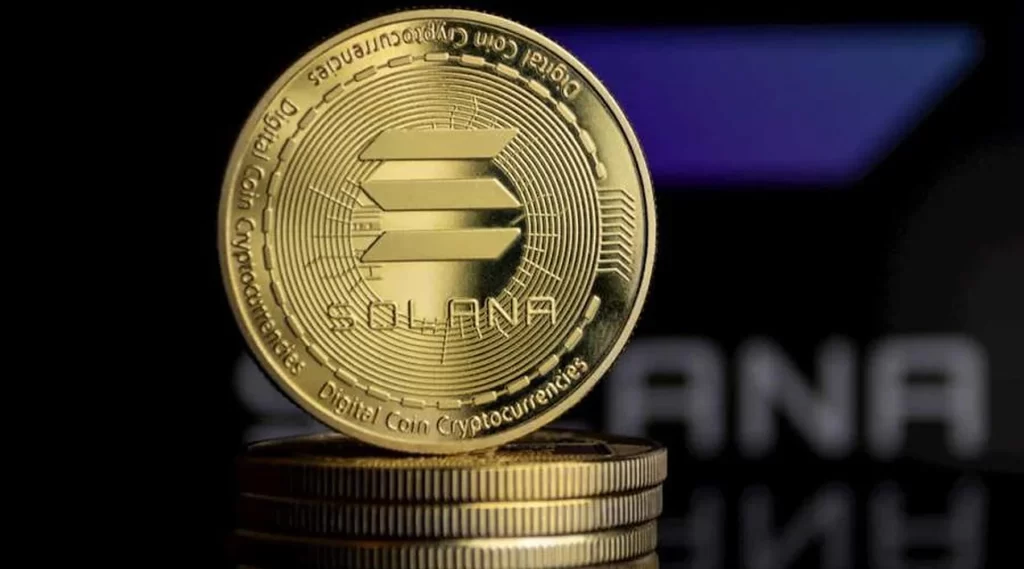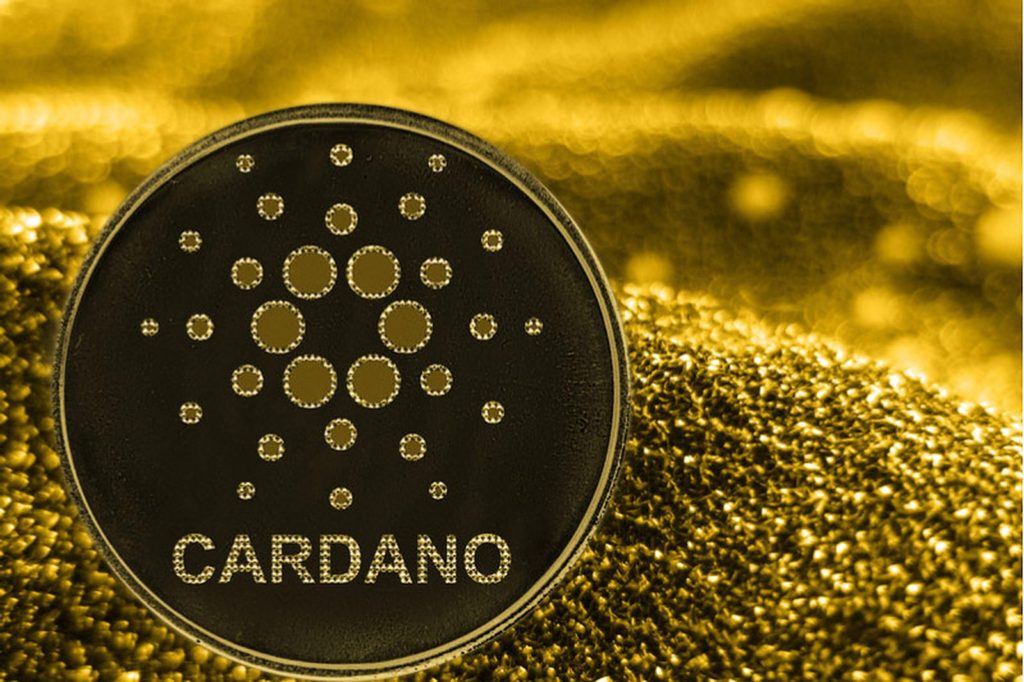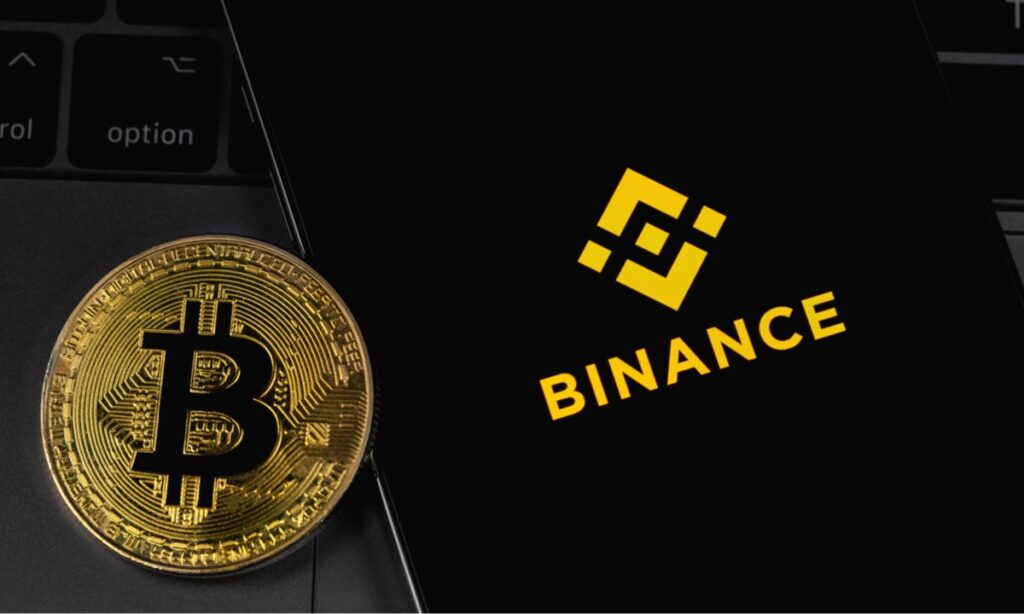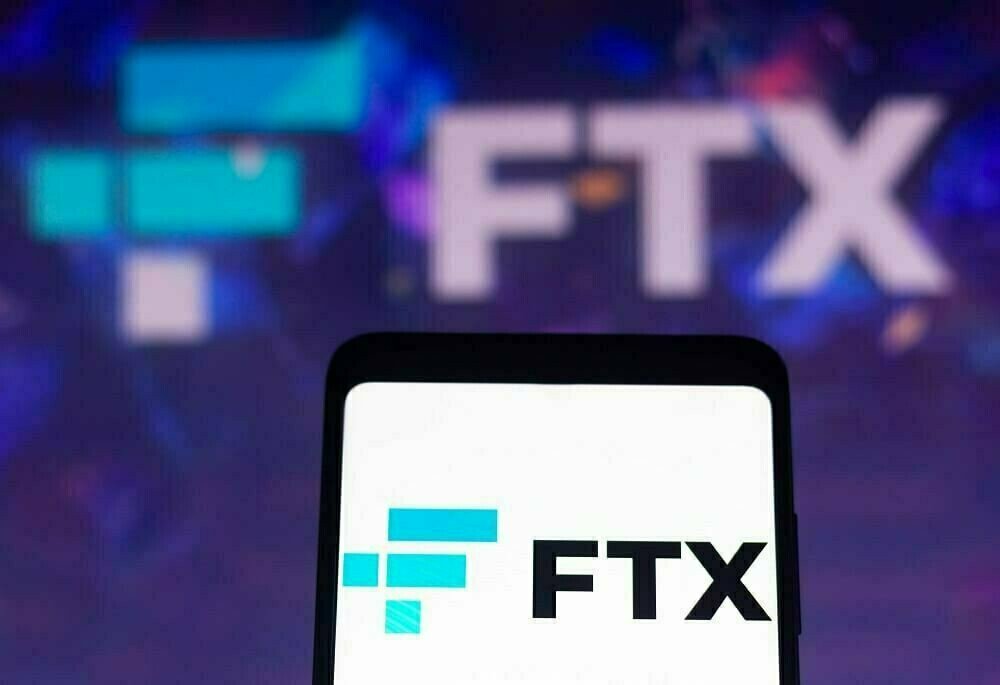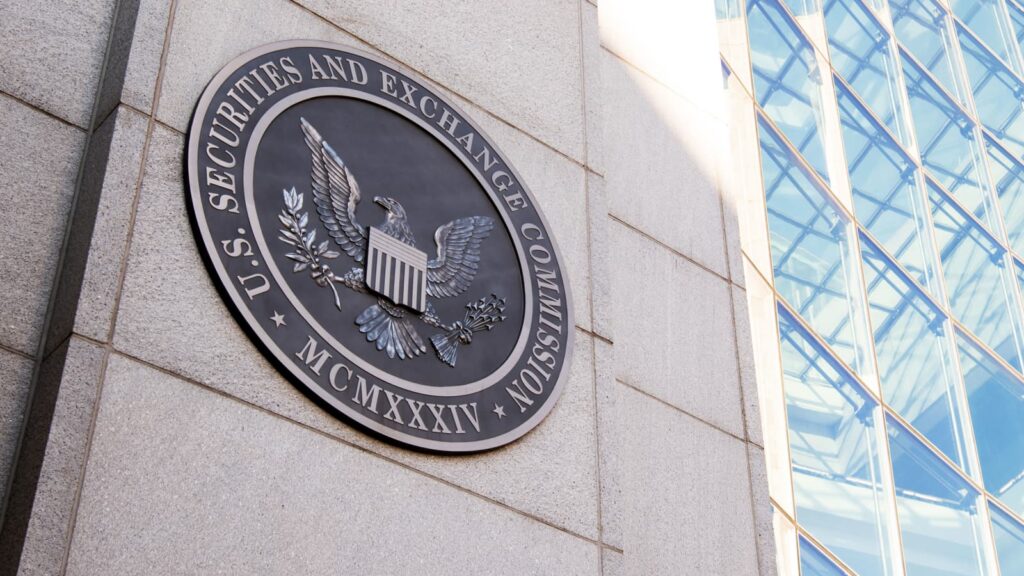The launch of spot Ether exchange-traded funds (ETFs) in the United States, originally anticipated for early July, has faced delays by the U.S. Securities and Exchange Commission (SEC).
According to Bloomberg ETF analysts Eric Balchunas and James Seyffart, the SEC has extended the review period for S-1 forms submitted by prospective issuers, pushing the expected launch to mid-July or later.
“The SEC has taken additional time to return the S-1 forms,” Balchunas stated, indicating a delay beyond the initial July 2 target.
The SEC has requested resubmissions by July 8, potentially postponing the ETF launch until mid-to-late July, as per Seyffart’s analysis.
Nate Geraci, president of ETF Store, noted that recent S-1 revisions were minor, suggesting a clearance within 14–21 days once resubmitted.
Despite uncertainties in the exact timeline, the SEC has hinted at a possible summer launch.
Earlier predictions by Balchunas in June suggested an early July launch window based on initial SEC feedback being less critical than expected.
The process for approving Ethereum ETFs involves two steps: the approval of 19b-4 forms in May, which was completed for eight ETF bidders, and now the review of S-1 forms.
Unlike the 19b-4 filings, the S-1 forms do not have a fixed deadline, subjecting issuers to the SEC’s review schedule.
SEC Chair Gary Gensler confirmed progress in the ETF approval process on June 26.
Major issuers like BlackRock, Fidelity, and others have been allowed to participate following a rule change. VanEck and others have prepared 8-A forms for exchange listings by July 8.
Gensler cautioned that despite progress, actual listings on stock exchanges might not occur until September, emphasizing the process’s reliance on issuer response times.
He highlighted ongoing coordination between the SEC and applicants as crucial to advancing Ether ETF listings.
To submit a crypto press release (PR), send an email to sales@cryptointelligence.co.uk.

